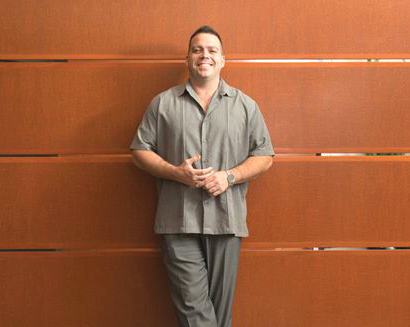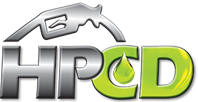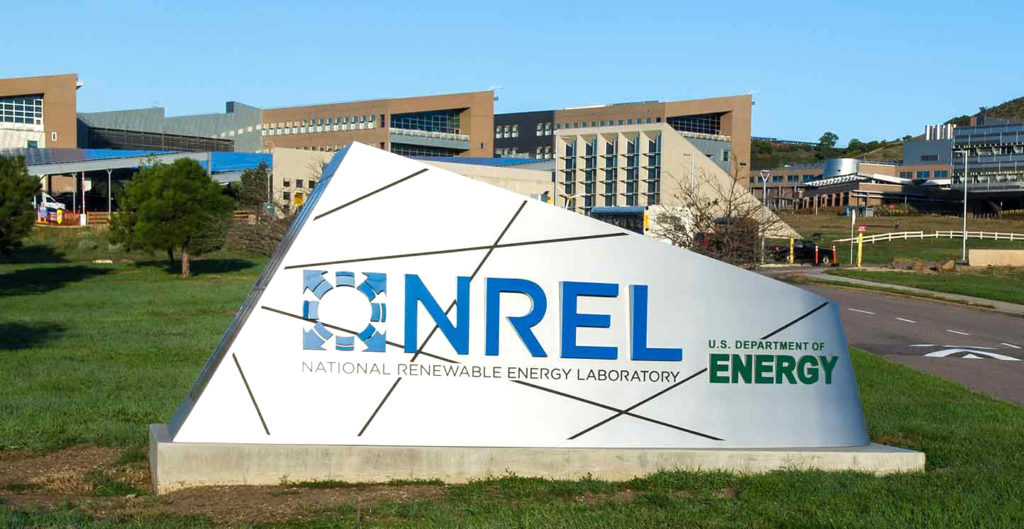 Dublin company produces a cleaner diesel that also improves miles per gallon.
Dublin company produces a cleaner diesel that also improves miles per gallon.
Anyone who has driven behind a dump truck or school bus knows the black cloud of soot that periodically comes out of the tailpipe.
Dublin-based EcoChem Alternative Fuels believes they have found a solution, and it doesn’t involve bio-anything: high performance clean diesel fuel, or HPCD, which also forms part of their website name.
“What are we doing today to modernize our current infrastructure? That’s what our game is,” says Josh Koch, EcoChem founder and chairman.
“Our main objective is to modernize the modern fuel infrastructure with the best fuel re-refinement and enhancement technologies at the point of sale or consumption so we can eliminate what has plagued the industry for so long.”
Meaning, EcoChem cleans the diesel fuel right at the pump, before contaminants in the fuel can foul a vehicle’s engine. They use multiple technologies, including filtration and chemicals, Koch says.
Gasoline and diesel are easily contaminated, especially after a journey through endless pipelines and tanks. “There is rust, there is sediment that gets introduced through these transfer points. Again, it’s an antiquated infrastructure,” Koch says. “All of those impurities impact performance and the combustibility of the fuel itself, so if we can improve and eliminate those radicals then we can effectively eliminate all fuel-related damages or inefficiencies that occur.”
The benefits are myriad: significantly reduced emissions, better mileage and reduced damage and wear on engines. EcoChem estimates HPCD can extend a vehicle’s life by 6.5 percent, or about a year, and improve mileage by 11 percent.
Koch founded the company in 2007, right around the time diesel fuel cost upwards of $3 a gallon. After building its first refining unit in 2010, EchoChem got its first customer in 2011—the city of Dublin.
Since then, the company has expanded its customer base to multiple school districts and municipalities across Ohio. EcoChem has focused on schools and cities since both have large fleets of diesel-devouring trucks and buses which are ripe for using HPCD. Last year, Koch created the company’s Clean Fuels for Cities and Schools initiative, which led to 150 percent growth for EcoChem.
The initiative is a comprehensive program that involves evaluating an organization’s fuel infrastructure, cleaning it out and either modernizing equipment with EcoChem technology or treating all of their fuel before it is delivered.
It has been a challenging path to traverse. “The leading edge is the bleeding edge. I didn’t make that up, but I’ve lived it and I’m still living it. There are a lot of naysayers,” Koch says. “You just become a professional problem solver.”
Feedback has been positive. Last year the company even got the notice of President Barack Obama, who examined their equipment while touring a convention in Cleveland. A photo of the president peering into a jar of fuel is featured on EcoChem’s website.
They’ve also heard from their customers, including the Berea transportation department, which used to have a cloud of fumes over it every day. “One of the big benefits for them was they said that when they started using the fuel the cloud was gone. They no longer had that nasty brown diesel cloud hanging over their transportation yard, which, by the way, sat right next to the baseball field and the football field,” Koch says.
For Mike Bowers, Fleet Manager at Cleveland Metropolitan School District, it came down to easy math. “We tested their fuel, and we pulled ten of our new buses out of service and tested that fuel. We found an 11.1-percent increase in fuel economy. That was the driving factor, and at the time I think fuel was probably $2.80 to $3 a gallon, or maybe even a little higher. That percent savings actually paid for the costs of the fuel,” he says.
The district began using EcoChem HPCD last year. Since then, the district’s drivers also noticed increased performance in the buses and Bowers says he’s seen a reduction in the regeneration of particulate filters, indicating lower emissions. But the reason they continue to use HPCD still comes down to mileage, which went from less than 6.5 mpg to 7.92 mpg after the switch.
“His product is the real deal as far as that goes,” Bowers says.
Ultimately, EcoChem hopes to expand its technology to treat other types of fuel, including gasoline. The company has global ambitions.
For now, they’re happy pushing it out to schools and municipalities across Ohio and looking for clients in Franklin County in the near future.
Kevin Kidder is a freelance writer.





